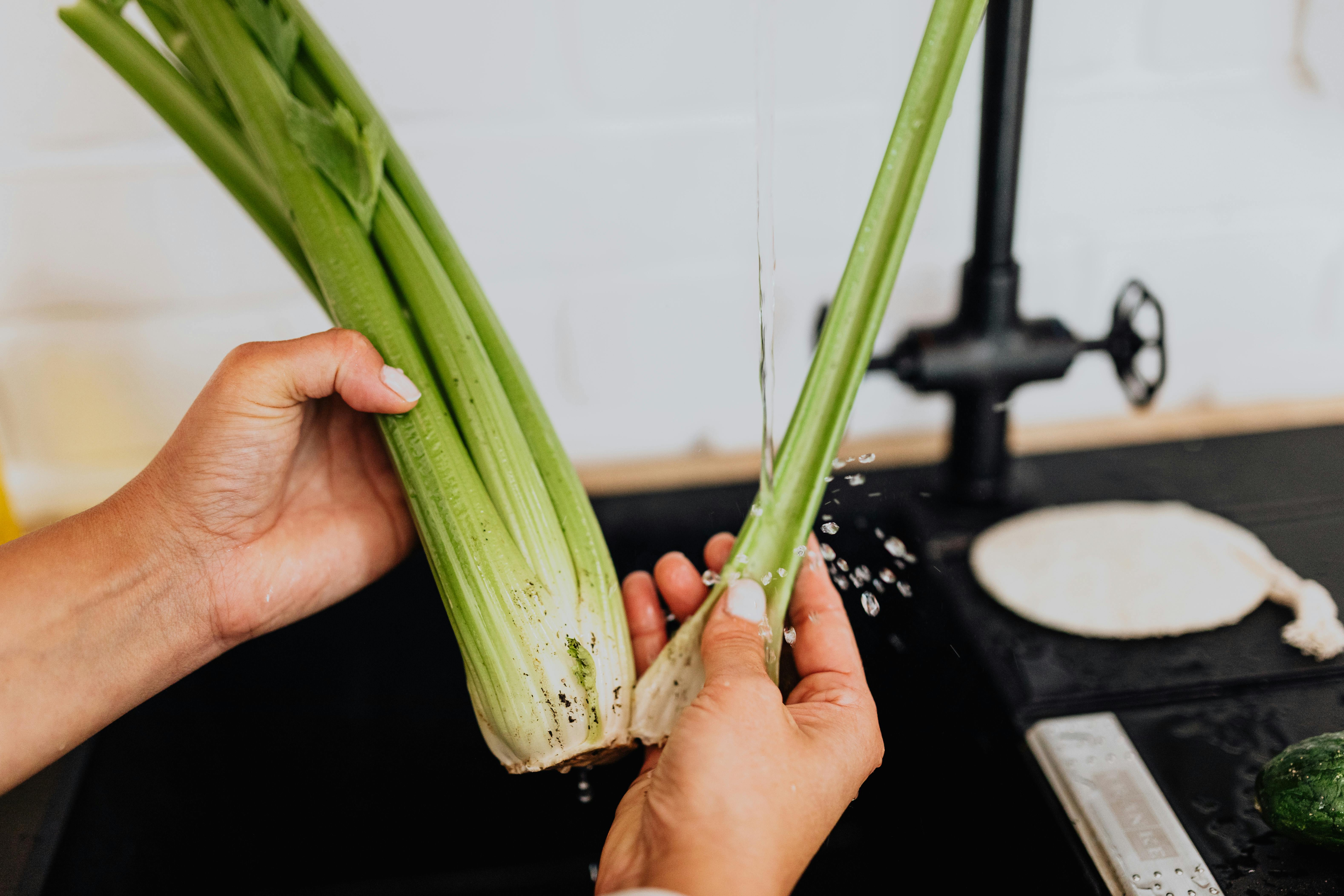
A Guide to Food “Allergy” Etiquette
You’ve probably noticed, but there are a growing number of people with “problems” with food. It could be a food intolerance, a food sensitivity, or even a very severe and life-threatening food allergy. I am one of them. Maybe you are too.
But maybe you’re not. And maybe now you’re exposed daily to people talking about their foods they avoid in the workplace at stores touting the latest in allergy-free products, and even being told not to bring your favorite foods to school or potlucks. for the good of a small minority. that you could have an adverse reaction to such foods. VERY annoying, right? But seriously, does this make you mad?
Just let me tell you, no one chooses to have food issues. Parents don’t choose to have their son or daughter go into anaphylactic shock when exposed to peanuts, dairy, or any other random food that might normally seem completely benign. In fact, it is something that all parents fear. While complaining about peanut butter, can you imagine the fear of that parent praying that their child doesn’t accidentally eat or come into contact with food that could land them in the hospital, or worse, while at school or outside? the world? In a much less serious example, I chose not to get painful back acne every time I eat dairy. And others did not choose to experience terrible gas and bloating from eating foods with gluten, sugar, soy, etc. I know it can sometimes seem like people are using food avoidance as a diet or other regimen aside from a true food allergy, but give them the benefit of the doubt. All of us on a second floor would choose to be able to eat anything we wanted if we had the ability. Oh how I would love to eat a piece of cheesecake without paying a price. Or really, just for a simple latte. Or buy a thick chocolate chip cookie filled with high-quality butter. Great, now my mouth is watering and I’m getting sidetracked.
You might be wondering what the differences are between food allergies, food intolerances, and food sensitivities, anyway. Let me break it down quickly so you can get a better idea of where people are coming from.
food allergy: This is by far the most serious. This is an immunomodulated reaction related to the IgE antibody. These reactions usually occur within minutes of eating a food item and can range from something as simple as a rash in the mouth to more serious symptoms such as hives, vomiting, or anaphylactic shock.
Food Sensitivity: These reactions are modulated by non-IgE antibody or T cell reactions and are usually delayed in nature. Reactions can occur hours after eating a food up to 3 days later. It can be extremely frustrating to figure out which foods are the real culprits, so bear with your poor friends or family members who are still trying to figure it out. Better yet, tell them about mediator release testing. In these cases, the symptoms are rarely life-threatening, but can include things like digestive problems/IBS, headaches/migraines, body aches, fatigue, eczema, and a host of other ambiguous symptoms that could amount to “feeling bad.” “.
food intolerance: This is the result of the body’s inability to properly break down a food due to some deficiency in an enzyme or other bodily process that would normally allow it to digest and assimilate that food normally. The simplest example is lactose intolerance. When the enzyme lactase, produced in the small intestine, is missing, people cannot break down the lactose in dairy products efficiently. Undigested lactose goes to the intestines and then causes unpleasant gas and bloating. Avoiding dairy products or taking lactase by mouth usually solves the problem.
Celiac Disease: I feel the need to mention this one here because it is none of the above, but it is commonly found. You may know that people with celiac disease should follow a gluten-free diet, but that’s not because gluten is an allergy. It is because gluten causes an autoimmune disorder. The presence of gluten indicates that certain antibodies are damaging the villi in the small intestine, turning it into an attack on the “me.” Destruction of these villi, which are the absorptive surfaces of the small intestine, eventually leads to nutrient malabsorption and a number of comorbidities. Even the smallest trace of gluten can trigger these events.
Regardless of the type of eating problem a person has, I think the common frustration among people is what to do about it or how to help. Well, first of all, there’s nothing you can do about it. People’s eating problems are people’s eating problems. What you can do to help is be accommodating.
Do you know how many times I’ve heard people say to me in my office, “Danielle, I just don’t want to be a burden on anybody.” So they will go, eating the food of family and friends, which they know will make them sick. What I’m saying is that many people would rather get sick than think badly of themselves for mentioning an eating problem. I know it may seem easy to just not eat, but have you ever seen someone eye you for not eating anything at a party? It’s even worse if you’re skinny. And doubly worse if it is about the family. People hate those who don’t eat. It is a no-win situation.
Accommodating people with food sensitivities/food allergies/food intolerances first requires you to ask. When was the last time you asked at an invitation or in a group if there were any food allergies you should be aware of? And even if you did, have you ever thought that a vast majority of them don’t even mention their avoidances just out of politeness?
Second, do some research on these food groups. How many people do you know who are gluten free? Visit your grocery store for gluten-free options and products. Do some reading online about common foods to avoid. Discuss the problem with these particular friends to learn a little more. Trust me, they’ll appreciate you asking and might even share why they avoid certain foods in the first place.
Third, take it seriously. Remember that even a small bite of allergenic foods for some people can lead to severe symptoms. As I mentioned earlier, people with celiac disease, for example, may NOT eat gluten. Even contamination from foods processed in the same facility as wheat can cause malabsorption and inflammation in the small intestine. Over time, this damage spell can lead to vitamin/mineral deficiencies and even cancer. Is seriously. Other people with gluten sensitivity can get away with a touch of gluten here or there. You never know how serious it is, so ask.
Lastly, try not to be offended. Even if the dish you so carefully created for your allergy-suffering friend seems perfect in every way, he tries not to offend you if he still can’t eat it. I’ve been there, on both counts. I’ve had people create dairy-free meals for me only to seemingly forget that butter is dairy (admittedly, I still eat it and suffer the consequences). On the other hand, I have created meals or baked goods for others that I might have remembered to accommodate some of their allergies in, but unfortunately forgot about one. Happens. Get over it and enjoy the company.
Now I know this is not a perfect science and there will still be frustration, anger and annoyance dealing with people’s eating problems, but I hope we can all get along a little better by being more mindful and sensitive to those around us. The next time you bring a dish to your potluck at work or a church event, consider going gluten-free. Maybe make something vegan. The options are endless. Take stock of those around you and think about how you can be more accommodating. You will be surprised how much your efforts are appreciated.


